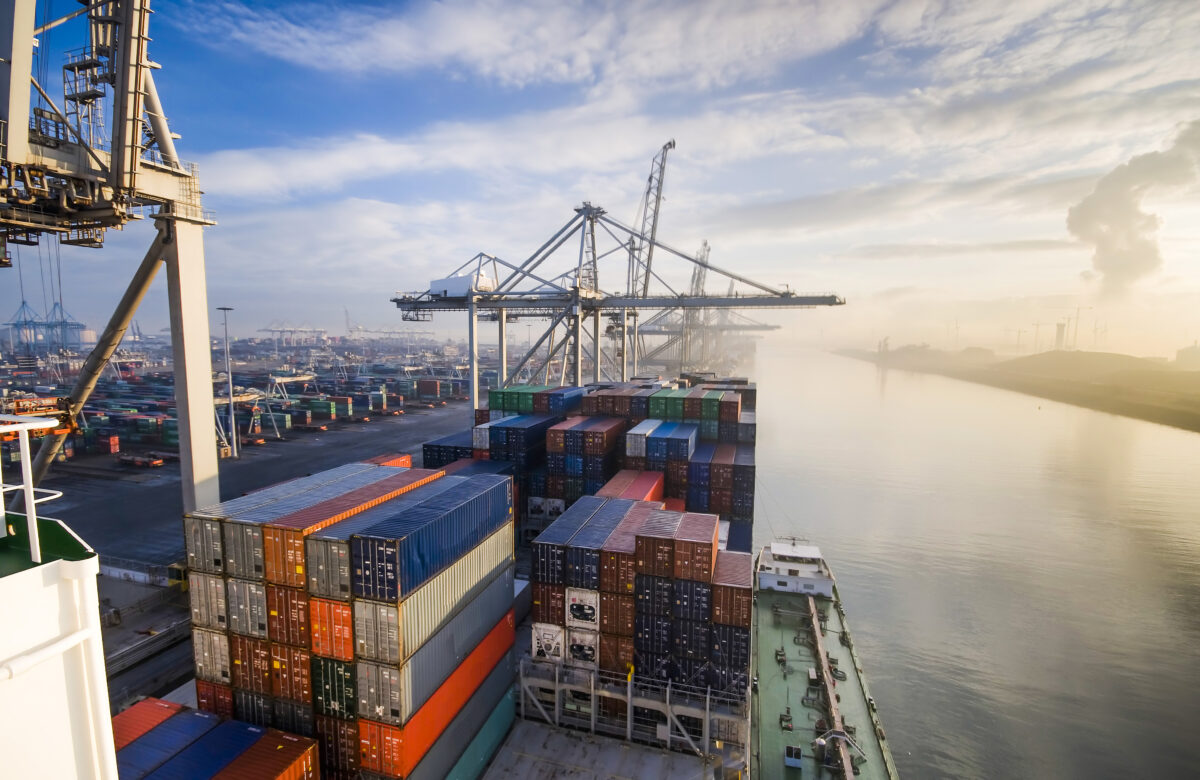The furniture industry is facing considerable additional payments for Chinese white glass, which is also used in furniture construction. The European Commission has opened an anti-dumping investigation into certain soda-lime flat glass. Anti-dumping duties of up to 42.1% of the value of the product are threatened.
Inauguration
On 28 November 2013, the European Union imposed a provisional anti-dumping duty on certain types of soda-lime glass by Regulation (EU) No 1205/2013. These are
“solar glass made of toughened soda-lime flat glass with an iron content of less than 300 ppm, a solar transmission of more than 88 % (measured at spectrum AM 1.5 300-2 500 nm), a heat resistance up to 250 °C (measured according to EN 12150), a thermal shock resistance of Δ 150 K (measured according to EN 12150) and a mechanical stability of 90 N/mm2 or more (measured according to EN 1288-3)”
These goods are classified for customs clearance in the Combined Nomenclature under the goods number “ex 7007 19 80″ (TARIC code 7007 19 80 10).
[teaser_brochure type=\”antidumping\”]
The furniture industry is also affected
Because of its low iron oxide content, this product is known as “white glass”. These glasses are particularly translucent and have a smooth surface.
Such white glass is used, among other things, as a cover glass for solar cells, as it allows a high light yield. However, the furniture industry also uses such glass for the construction of table tops and showcases.
If the imported glass meets the above technical criteria, it is expected that the customs authorities will impose anti-dumping duties on the imports concerned. It can be assumed that the main customs offices do not make any differentiation depending on whether the glass is used for the construction of solar modules or for the production of furniture. This follows from the considerations which led the European Commission to introduce a punitive tariff. Although several importers from the furniture sector asked to exempt furniture glass from the investigation procedure, the Commission did not follow suit. If the main customs offices, which ultimately set the anti-dumping duties, share this view, punitive duties will also apply to furniture glasses.
Final decision on customs duties only in May 2014
At present, companies are not yet required to pay anti-dumping duties. However, since this is only a provisional punitive duty, a security must be paid on importation. Therefore, customs declarations have not yet been finalised. Only after the anti-dumping investigation is closed in May 2014 will a decision be taken on the imposition of a definitive anti-dumping duty and its level. If the European Union approves a definitive duty, the guarantees provided shall be withheld.
How to avoid anti-dumping duties
It is legally questionable if the main customs offices also impose anti-dumping duties on furniture glass. After all, the punitive tariffs are intended to hit the Chinese solar industry, but not the furniture industry. The furniture industry uses the glass for completely different purposes. Companies should therefore check whether they object to the expected tax assessment notices. The legality of the duties and the customs opinion can then be examined before the national courts and the European Court of Justice. However, the appeal must be lodged within one month of the notification of the decision.
Anyone who is afraid of the dispute can hardly limit the risk of levies. In detail, the possibilities depend on the delivery routes and the export partners. For example, there are customs advantages for certain Chinese exporters. However, these are only granted if numerous formal requirements are met. For example, a valid commercial invoice must be submitted to the customs authorities in accordance with the requirements of the relevant anti-dumping regulations.
Dieser Artikel wurde am 15. August 2018 erstellt. Er wurde am 30. September 2023 aktualisiert. Die fachliche Zweitprüfung hat Rechtsanwalt Dr. Tristan Wegner durchgeführt.

